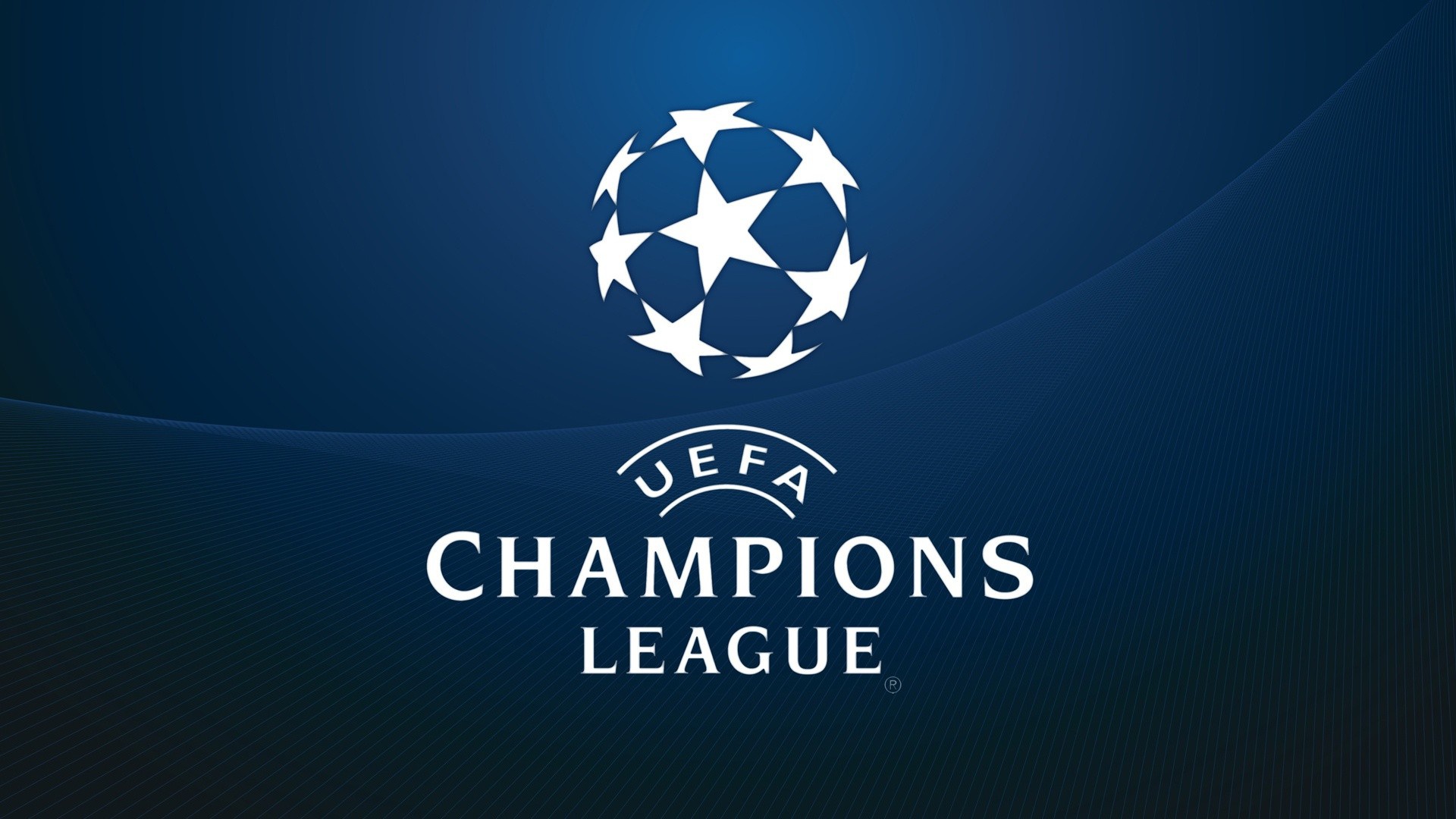
UEFA is reportedly poised to unleash a wave of stringent measures against three prominent European football clubs, following alleged breaches of its rigorous financial regulations. This impending disciplinary action represents a significant assertion of authority from European football's governing body, holding the potential to dramatically reshape the landscape of next season's Champions League, particularly for one of its most celebrated participants.
At the epicentre of this escalating financial storm is Spanish giant Barcelona, a club already reeling from past encounters with UEFA's financial rulebook. The Catalans find themselves under intense scrutiny for what is reportedly a second consecutive year of alleged financial fair play violations. Their previous entanglement with UEFA's financial arbiters in 2023 saw them handed a substantial fine of £420,000 by the Court of Arbitration for Sport (CAS). That penalty stemmed from accusations of manipulating the sales of broadcasting rights—a contentious financial maneuver designed to seemingly bolster their balance sheet. The grave concern now is that similar issues have resurfaced, suggesting a pattern of behaviour that UEFA's disciplinary body views as a continued attempt to circumvent established financial guidelines. According to reports from SportBible.com, the sanctions being weighed against Barcelona are far more severe this time around, potentially including a reduced squad list for their prestigious Champions League campaign, or, in a more punishing scenario, a significant points deduction. The specter of a full Champions League ban, while a last resort, looms as a powerful deterrent, underscoring UEFA's commitment to upholding financial integrity across its elite competitions.
The disciplinary crosshairs also extend to two Premier League powerhouses, Chelsea and Aston Villa, both of whom are identified as first-time offenders in this particular round of financial scrutiny. These clubs are accused of exceeding the permissible loss limits set by UEFA, largely through a series of controversial and intricate financial arrangements. Specifically, these deals include what UEFA terms as "asset sales within their ownership structures"—transactions that the governing body views as an artificial inflation of income designed to mask underlying financial deficits. Given their previously clean record with UEFA's financial regulations, both Chelsea and Aston Villa are anticipated to face less draconian punishments compared to Barcelona. Industry insiders and reports suggest that their penalties will likely manifest as substantial monetary fines, rather than any direct sporting sanctions that would impact their on-pitch performance or European participation.
The football world awaits with bated breath as UEFA prepares to announce the full scope and nature of these forthcoming punishments. Should Barcelona indeed be hit with sporting sanctions, the repercussions would extend far beyond mere monetary penalties. Restrictions on their Champions League squad registration would directly impact their tactical flexibility and squad depth, potentially undermining their competitive edge in Europe's premier club competition. Furthermore, a points deduction, if imposed, could have far-reaching implications for their domestic league position and future European qualification hopes. While the expected fines for Chelsea and Aston Villa may appear less dramatic, they serve as a stern reminder of UEFA's increasingly tightening grip on financial propriety within European football.
This concerted move by UEFA represents a clear and unequivocal warning shot fired across the bows of Europe's elite clubs. It signals that even those with formidable reputations and significant financial clout are no longer immune to rigorous enforcement of financial fair play regulations. The message is clear: financial indulgence and creative accounting, previously tolerated to varying degrees, may now carry tangible and immediate consequences on the pitch, ushering in a new era of accountability for the continent's biggest footballing institutions. The integrity of the game's financial ecosystem, it seems, is now paramount.
